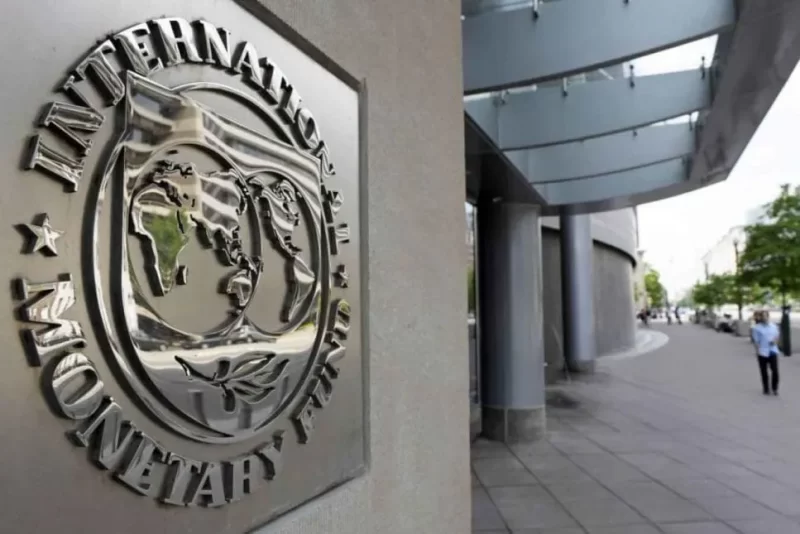IMF reaches agreement with Lebanon that will release $3 billion loan tranche

The IMF on Thursday announced it had reached a staff-level agreement to provide Lebanon with a $3 billion, 46-month financing program to help it emerge from an economic crisis, in a move that comes a few weeks before the May 15 legislative elections, crucial for the future of Lebanon.
The International Monetary Fund (IMF) said on Thursday it had reached a staff-level agreement with Lebanon for a four-year extended fund facility that would however only get full approval from the fund if Beirut enacts a series of reforms.
An agreement with the IMF is seen as vital for Lebanon to begin exiting a crippling economic and financial meltdown that marks its most destabilising crisis since the 1975-90 civil war.
Lebanese authorities had agreed, prior to the IMF board considering whether to approve the deal, to complete eight reform measures.
These included approval of a banking restructuring strategy that “recognises and addresses upfront the large losses in the sector, while protecting small depositors and limiting recourse to public resources.”
The measures also included “initiation of an externally assisted bank-by-bank evaluation for the 14 largest banks”, parliamentary approval of a reformed banking secrecy law and completion of an audit of the central bank’s foreign asset position.
The facility would also depend on enactment of a comprehensive economic reform programme agreed with the IMF, aimed at restoring financial sustainability, strengthening governance and transparency and removing impediments to job-creating growth, it said.
The preliminary agreement with Lebanon was reached after nearly two weeks of discussions in Beirut between the delegation led by Ernesto Ramirez-Rigo, mission chief for Lebanon, and the team of negotiators led by the Vice President of the Council of Ministers, Saadé Chami.
The IMF added in its statement that the Lebanon Central Bank will be “guided” to better control inflation and initiate a change in monetary regime, so as to eventually allow the exchange rate to float completely, and to rebuild the country’s foreign exchange reserves. The IMF has also announced a major effort to reform the governance of the central bank.
Once approved, the aid will be released under the global lender’s Extended Fund Facility to “support the authorities’ reform strategy to restore growth and financial sustainability,” Ramirez Rigo, who led the IMF mission to Lebanon, said in a statement.
The IMF official stressed that the crisis is “a manifestation of deep and persistent vulnerabilities generated by many years of unsustainable macroeconomic policies that have fueled large deficits. It also noted that the authorities had supported an overvalued exchange rate and that the financial sector was overcrowded. Finally, he noted “serious problems of accountability and transparency.
These are all issues that the Lebanese authorities will have to address.
In addition, the crisis has been exacerbated by the Covid-19 pandemic and the Beirut port explosion in August 2020, and more recently by the war in Ukraine which has led to a rising food prices in the country.
How to submit an Op-Ed: Libyan Express accepts opinion articles on a wide range of topics. Submissions may be sent to oped@libyanexpress.com. Please include ‘Op-Ed’ in the subject line.
- HoR-Backed Government moves to end fuel subsidy - December 26, 2024
- Libya and Algeria bolster customs cooperation - December 24, 2024
- Reports claim S-400, S-300 missiles moved to Libya - December 24, 2024


